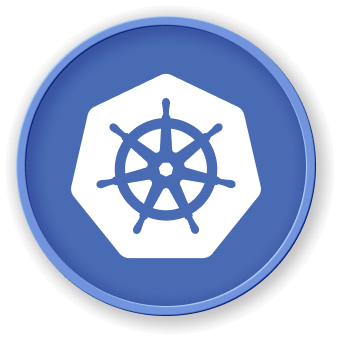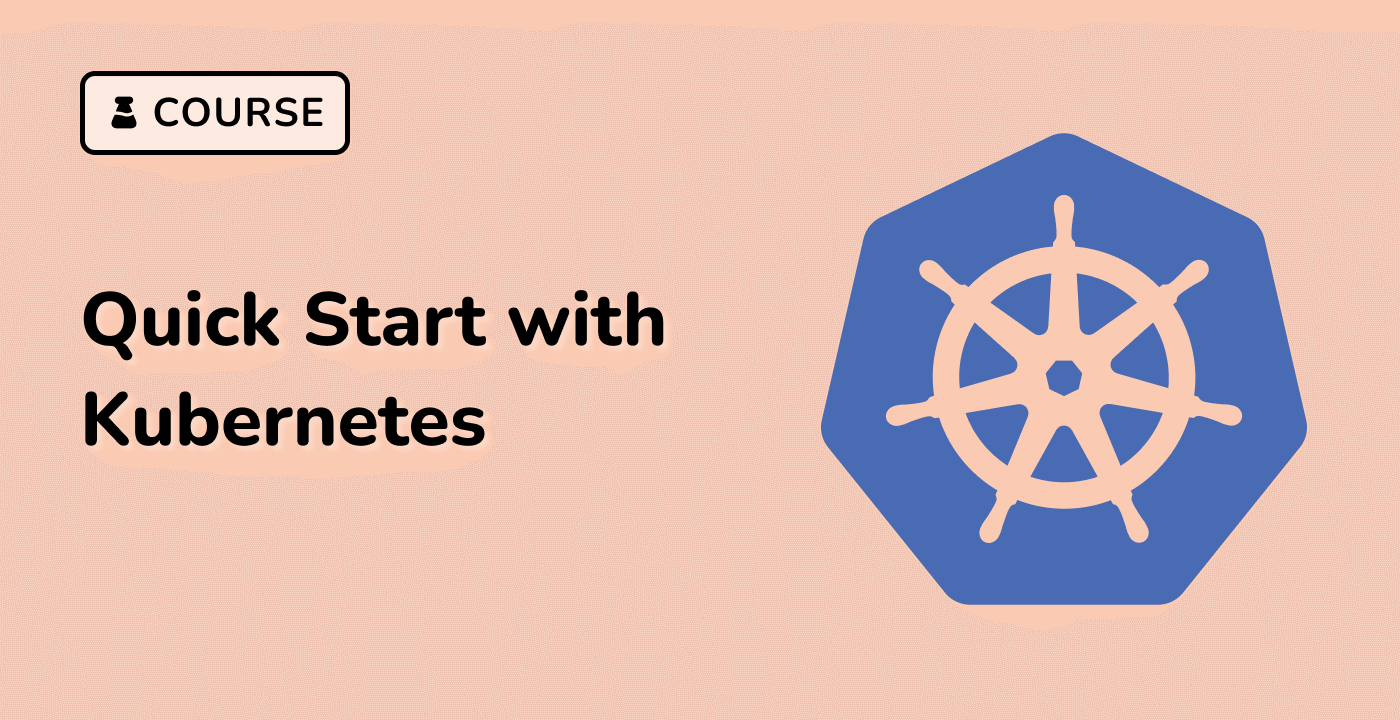Kubernetes Event Basics
Understanding Kubernetes Events
Kubernetes events are critical messages that provide insights into the cluster's internal state and resource lifecycle. These events capture important information about object creation, modification, deletion, and system-level activities within the Kubernetes ecosystem.
Event Types and Characteristics
Events in Kubernetes represent real-time information about cluster resources. They help administrators and developers understand system behaviors and troubleshoot potential issues.
graph LR
A[Resource Creation] --> B[Event Generated]
B --> C[Event Recorded]
C --> D[Event Available for Monitoring]
Key Event Components
| Component |
Description |
| Type |
Indicates event category (Normal/Warning) |
| Reason |
Short machine-readable description |
| Message |
Detailed human-readable explanation |
| Source |
Object generating the event |
| Time |
Timestamp of event occurrence |
Event Generation Example
Here's a practical Ubuntu 22.04 bash script demonstrating Kubernetes event retrieval:
#!/bin/bash
## Retrieve events from default namespace
kubectl get events -n default
## Watch real-time events
kubectl get events -w
## Describe specific resource events
kubectl describe pod nginx-deployment
Event Monitoring Mechanisms
Kubernetes generates events automatically for various resources like Pods, Services, and Deployments. These events provide crucial diagnostic information about cluster operations and potential configuration issues.
The event system captures critical moments in container orchestration, offering transparent visibility into cluster dynamics and resource interactions.



